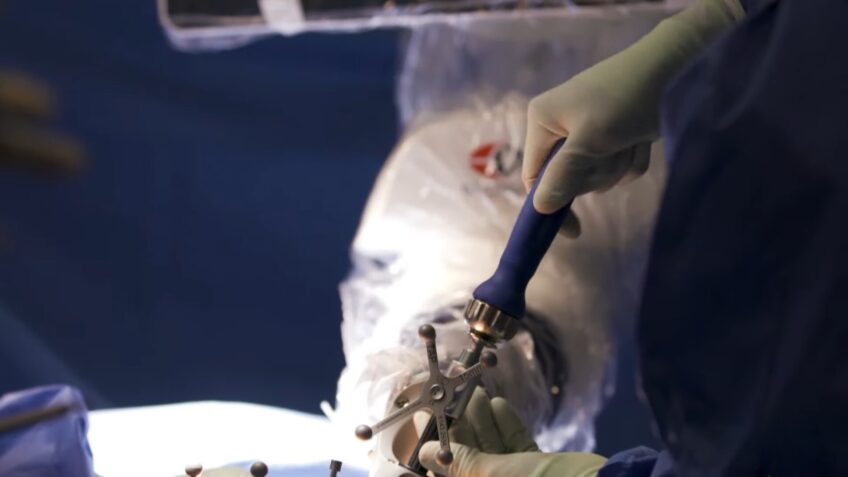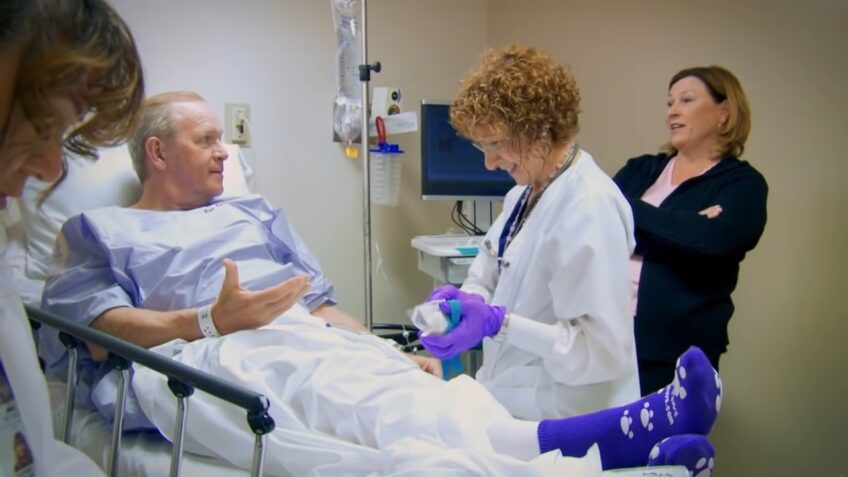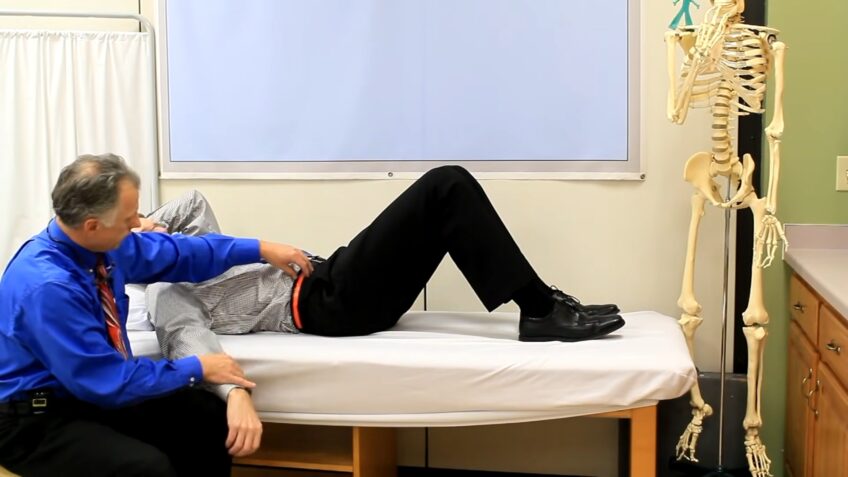Dealing with the complexities of the spine, composed of vertebrae, discs, and nerves, demands specialized attention when non-invasive measures fall short. Skilled medical professionals carry out these surgeries with the goal of alleviating pain, correcting deformities, and improving overall spinal function.
There are different health concerns to be aware of. The solution for them is not the same as well. Some may require immediate surgery, while there are spinal injuries where the solution can be non-invasive. If you want to learn more about spinal fusion, surgery, check out premiaspine.com.
Spinal surgery becomes necessary when conservative treatments, such as physical therapy, medications, or injections, fail to provide relief for conditions affecting the spine. In this article, we will analyze more about its duration and valuable tips from experts.
How Long Does It Last?

The average duration of spine surgery can vary widely depending on the type and complexity of the procedure. When it comes to a typical one that is not so complex, the process should be done in less than 2 hours.
On the other side, there are some much more complicated processes, such as spinal fusion, which can last for up to 6 hours. Also, we have to add these are only average durations according to most cases. There are always some individual factors that could make it last shorter or longer.
The process that is usually the fastest is the microdiscectomy. In most cases, it will last only for around 30 minutes.
Main Factors
There are many individual factors that can influence the duration of spine surgery. A person’s overall health and medical history are significant considerations. Those in good health may undergo a smoother and potentially shorter surgical process, while individuals with pre-existing health conditions may require more careful and extended attention.
Moreover, herniated discs or spinal stenosis could also impact the complexity of the procedure, influencing the overall duration. It’s essential for individuals considering spine surgery to have open discussions with their healthcare providers.
Furthermore, the selection of medical institutions and a team of doctors responsible for your case is crucial. Take your time to explore the available options and always choose the team of doctors known for their experience in this area. This is not something where you should look for a more affordable solution.
When you choose a team of well-known experts, that can also make the duration of the whole process shorter.
How to Prepare?

The essential part is to focus on steps and advice provided by the team of experts. In some cases, a set of rules may be provided days before the process. That can include avoiding any physical activity or even to follow a strict diet.
Moreover, you might even have to avoid taking medication for some time. This can be a problem for those who are constantly on pain medication. However, if that is the rule, you will need to be determined and withstand the pain for a day or two.
Postoperative Care and Recovery

The first few hours and even days after the surgery can be more challenging. Patients will often experience pain and discomfort. However, there is no reason to be afraid that something went wrong during the process. It is a usual part of it, and it will take time for the body to recover.
This plan often includes a gradual return to daily activities, monitoring for any signs of complications, and follow-up appointments with the healthcare team to assess progress.
The recovery timeline is also individual and depends on your physical state, the complexity of the surgery, the final results, and more. Keep in mind that the first week after the surgery is usually the most challenging since you may still feel a level of pain, while there will be strict rules you will need to follow.
Depending on the type of surgery and usually recovery time, you can expect improvements after one week. Stay in touch with the doctor so that you can monitor the development properly. Experts know for how long it should take for someone to recover. If things are not going on well, they will recognize that, and do an additional analysis to diagnose if there is another problem.
We already mentioned that the selection of medical institutions is essential. That will lower the chance of facing potential side effects like infections, blood clots, additional spinal injuries, and nerve damage.
While the focus here is on short-term recovery, it’s important to also consider potential long-term impacts on your health and well-being, including the possibility of long-term disability. Discussing these concerns with your healthcare team can provide valuable insights and guidance for a more comprehensive recovery plan.
Tips from Experts

As we already mentioned, the right approach is essential. Therefore, always consult with a doctor before the procedure to know what to expect. For example, you might have to take a longer break from work. It could affect your other plans as well.
Moreover, if you are experiencing a more complicated health problem, keep in mind that the recovery period could be more challenging. In some extreme cases, the results won’t seem to be that good. However, there is no reason to panic because rehabilitation will ensure the right results.
In most cases, patients will have to follow clear instructions about the additional medication. That is usually for pain alleviation. You must speak to a professional to describe the level of pain after surgery so you can tell whether you are getting the right dosage. A certain level of pain may be part of the recovery, while some levels of pain could be a signal for various issues.
The recovery depends on the issue you had. For example, spinal fusion is one of the most complicated, and it requires physiotherapy. However, going to the gym is not recommended. The best option is to hire a trainer experienced in similar conditions who will show you the best exercises to strengthen your body over time. Patients after surgery will be more injury-prone.
Last Words
As you can see, there is no strict timeline for the process since it depends on various factors like the type of surgery, condition of the patient, and more. The same is for the recovery. The patient must be realistic and focused. Therefore, always follow clear instructions and be patient since some cases may require months for the right results.

